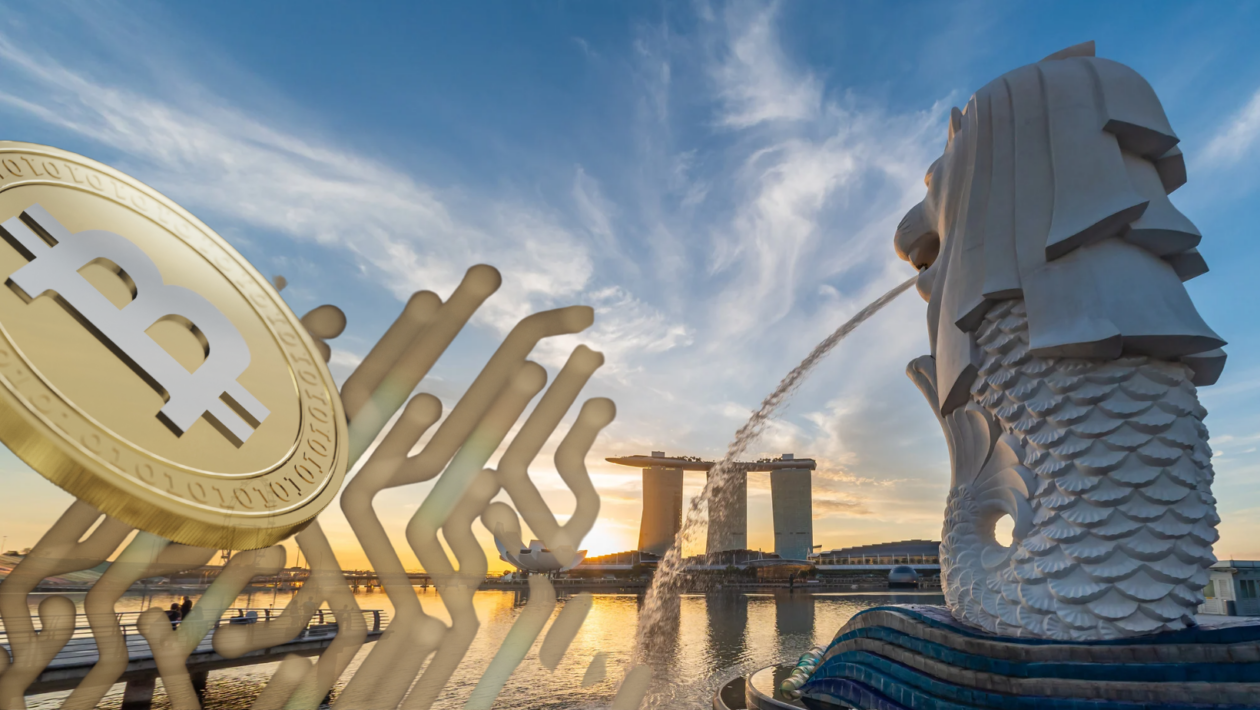Singapore’s intention to become a global crypto hub will see greater realization this year by developing as a particular kind of hub: one geared toward institutional and industry participation. Inherent in this strategy is the intentional facilitation of certain aspects of growth, alongside the limitation of other facets. Singapore seeks to leverage accredited investors and institutions that have sufficient assets and expertise to participate in this high-risk environment, especially in early development stages. While this may mean hampered retail participation, this approach provides much-needed clarity for businesses from the perspective of policy that is still relatively rare in the rest of the world.
As a reputable financial center on the global map, Singapore’s efforts remain steadfast in maintaining its lead in the space. Through intentional policy and regulatory efforts made in 2022 and prior to lay the foundations for this year, Singapore’s approach to crypto may serve as a blueprint for other nations looking to leverage key stakeholders for industry growth and build effective use cases for their wider financial markets.
Aiming for a balance
In November 2021, the Monetary Authority of Singapore (MAS), Singapore’s central bank and financial regulatory authority, shared Singapore’s ambitions to become a hub for sound and well-regulated digital assets with value-adding use cases. Efforts have been continually made to achieve a delicate balance between encouraging blockchain innovation and protecting investors from the risks of participating in a promising but nascent market.
Initiatives were introduced to enable institutions to explore decentralized finance (DeFi) applications and the concept of a digital Singapore dollar through Project Ubin, Project Orchid, and Project Guardian.
Singapore’s strength in coalescing professionals in the financial sector was highlighted through the TOKEN2049 conference. Held in Singapore, the conference attracted over 7,000 participants including venture capitalists, financial institutions, and crypto, DeFi and infrastructure projects to discuss the future of crypto and facilitate new and ongoing developments.
When it comes to private-sector investment in blockchain, Singapore holds the number two spot in the world after the leading player United States in terms of the number of deals, with Singapore-based projects making 566 deals and raising $3.9 billion over the past six years, according to research from The Block. Only the U.S. and the U.K., at $38.6 billion and $5 billion respectively, had deals that cumulatively raised more.
Investments from within Singapore through Temasek, the nation’s sovereign wealth fund, also highlighted its seriousness in being a key player through investments in gaming, NFTs and other ecosystem players.
We’ve begun to see a physical shift of projects to Singapore, as it is attractive not only because of a favorable business climate due to taxes but also the rule of law and certainty of business continuity. For example, crypto projects have left China following greater restrictions around business and Covid. Blockchain node operators are also increasingly making Singapore their home as projects seek to decentralize their operations in reliable hubs around the world.
These strengths in technical developments, institutional participation and investments will shape Singapore as a crypto hub in the years to come.
Working with the private sector
Last year, we saw a significant global shift in institutional interest toward crypto and DeFi. BlackRock, the world’s largest asset manager, began trading digital assets, and HSBC planned to move the settlement of US$20 billion in assets onto a new blockchain-based custody platform.
Just last month, Société Générale, a France-based bank, withdrew US$7 million worth of MakerDAO’s stablecoin DAI from its vault, which had been credited with a limit of US$30 million in DAI. The vault is backed by 40 million euros in bonds in the form of “OFH tokens” — tokenized securities issued on Ethereum and collateralized by AAA-rated French home loans.
This year will see a greater exploration of permissioned DeFi that can increase transparency among stakeholders involved and potentially facilitate industry-level, near-instant settlements across borders.
Permissioned DeFi, which includes a whitelisting process through identity and background checks such as know-your-customer (KYC) and anti-money laundering (AML) procedures, can help institutions that adhere to strict compliance rules ensure their trading counterparties have been vetted. This approach stands in contrast to the majority of DeFi, which is completely permissionless, enabling essentially anyone to access liquidity pools. Promising zero-knowledge developments in 2023 that help preserve data privacy through zk-STARKs and zk-SNARKS will help counter objections against KYC and AML use that exposes information to centralized parties.
Aave Arc, a permissioned version of the lending protocol, Aave was released in early 2022. Just last November, we saw a major bank, for the first time, tokenize deposits on a public blockchain. This historic moment was spearheaded in Singapore, under the supervision of MAS, in which banks including DBS Bank and JPMorgan conducted foreign exchange and government bond transactions on Polygon, utilizing a modified version of Aave Arc.
Project Mariana, which includes the central banks of Singapore, France and Switzerland in the study of integrating DeFi features with central bank digital currencies (CBDCs), is also underway. These projects could see greater advancements this year.
Pushing for real-world uses
Better integrations of crypto with the real world could also help to better reveal its value such as its lower costs, increased efficiency, and reduced risk in financial transactions.
Project Orchid, a government-industry initiative aimed to develop the infrastructure and technical competencies necessary to issue a digital Singapore dollar, was rolled out last October with industry players including DBS Bank, Central Provident Fund (CPF), Grab, UOB and OCBC. Wealth management products are also being developed by HSBC, Marketnode, and UOB in partnership with MAS. Continuous efforts like this push progress locally in the direction of useful implementation in the wider economy.
Beyond finance, we’re seeing examples in industries like property, education and healthcare. Tokenization of property development is being made possible through the Fraxtor digital platform, which bridges investors and real estate investment opportunities originated by private equity managers. In October 2022, Fraxtor, a qualified real estate tokenization issuer, tokenized two redevelopment projects that involved a freehold and bungalow site in Singapore. This marked important efforts towards transforming real estate which has historically been a fundamentally indivisible and illiquid category of assets.
In addition, the education and health sectors are seeing traditionally complex processes being simplified through solutions like Accredify which issues verifiable documents that are tamper-proof and with IDs stored on the blockchain. Going beyond an initial focus on making education credentials easy to store and share, late 2022 saw the technology used to issue more than 1 million covid-19 rapid antigen test results in partnership with an IOT startup, Beep. We’ve also seen other platforms rise such as Opencerts, a platform that generates cryptographic protections for educational credentials, and HealthCerts which helps to provide tamper-proof, secure, and digitally transmitted health certificates for convenient global travel.
These use cases can help foster organic growth and more useful applications of crypto in industries that are significantly valuable in the wider economy.
Conclusion
Industry and institutional involvement will continue to be key to the flourishing of Singapore as a crypto hub this year, with a strong foundation built in 2022. Beyond the convergence of DeFi and TradFi, we could see more integrations of real-world products connecting to blockchain and DeFi. Robust support by the government for the industry and the continued entrants of more blockchain experts will contribute to an accelerated pace of growth. Singapore’s approach should be seen as a blueprint for other nations seeking to grow their crypto industry and build their wider economy.





